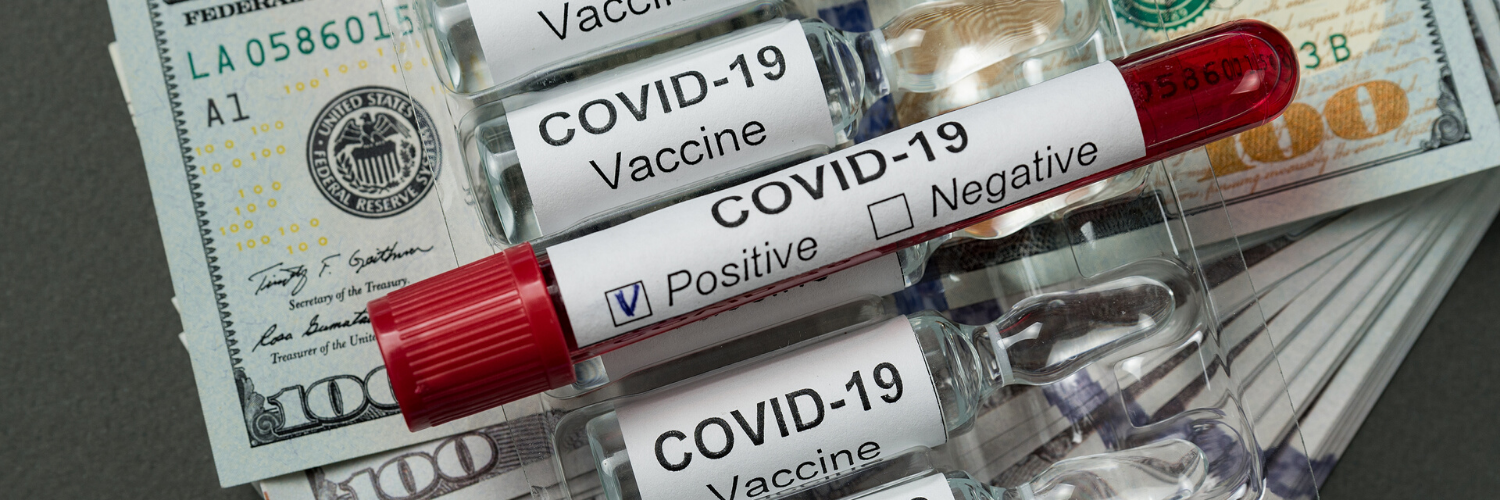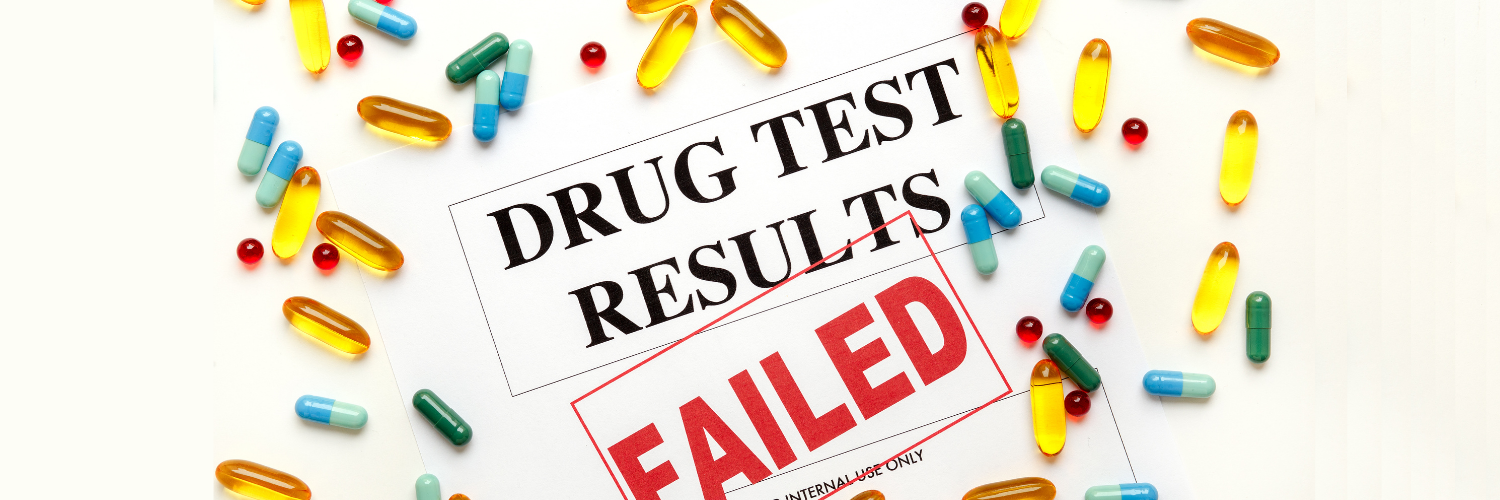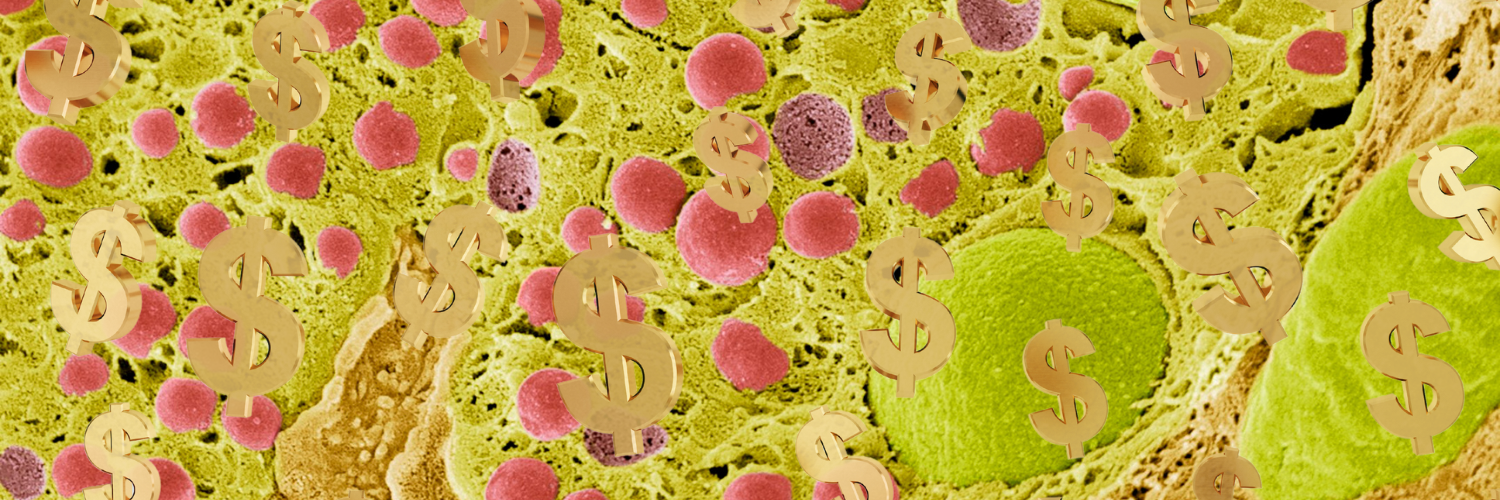How much does the coronavirus (COVID-19) test cost? Should I get tested?

The COVID-19 test is just as controversial as it is necessary as a means to control spread of the virus. The test did not arrive in the U.S. until March, and, when it did, access was limited. Conflicting reports suggest that the test is too expensive for low-risk cases or that it cannot be obtained if you are not deemed a “high-priority individual.” Additionally, a few reports have suggested that the COVID-19 test comes with its own disastrous surprise medical bill. To add insult to injury, the tests are prone to false negatives.
Last month, President Donald Trump signed into law the Families First Coronavirus Response Act, a bill mandating insurance providers, Medicare and Medicaid included, cover cost-sharing associated with the test. The bill reads:
“A group health plan and a health insurance issuer offering group or individual health insurance coverage...shall provide coverage, and shall not impose any cost sharing (including deductibles, copayments, and coinsurance) requirements or prior authorization or other medical management requirements, for [the COVID-19 diagnostic test].”
Uninsured individuals could potentially get coverage for the test via states, which, by virtue of the bill, have the ability to provide Medicaid assistance to them. So, yes, the test should be free, at the very least to all insured individuals. Uninsured individuals may face charges as high as $165.
This also does not mean that being admitted to the hospital for coronavirus-related symptoms will not ultimately yield a surprise bill. Anecdotal evidence suggests some patients are being slapped with bills as high as $34,000 for being admitted to a hospital with COVID-19.
CDC high-priority individuals to be tested for coronavirus include but are not limited to:
- Symptomatic healthcare workers or first responders;
- Patients admitted to the hospital with symptoms;
- Patients with underlying conditions; and
- Patients from long-term care facilities.
The CDC is also prioritizing patients with symptoms who live in communities which have been struck particularly hard by the pandemic.
If you have mild enough symptoms to recuperate at home, the CDC will not be prioritizing a test for you.
How much does the COVID-19 test cost?
If you are insured or enrolled in Medicare, Medicaid, or CHiP, the test should be free. If you find yourself charged, contact billing at your local healthcare provider and do not budge until the fee is waived. Uninsured individuals are facing charges, however. A television station in Houston, TX reported that one drive-through location charged uninsured patients $165 per test. . A testing site in New Hampshire charged individuals a range between $20 and $150 ($150 without insurance) to get tested. In the case in New Hampshire, though, the charge was not for the test itself, but for a consultation with a doctor, who could determine whether or not the test should be administered.
Because the test availability is limited, testing sites are requiring that patients be prescribed the test before they arrive at a drive-through site. While the test itself may be free, you may incur costs in the evaluation stage, particularly if you do not have insurance.
The fees that appear in medical bills post COVID-related hospitalization are likely due to days in the ICU, which nearly always lead to high medical bills. (According to a study published in 2005, costs in critical cast units accounted for 13.4% of overall hospital costs. In other words, the ICU is expensive to operate, and, too often, this cost falls on the consumer.) Additionally, the use of ventilators, which are being used in dire cases of the novel coronavirus, can lead to additional charges on your bill. If you find yourself stuck with a mile-high bill, do not be afraid to negotiate.
See: How can I negotiate medical bills to make my costs lower?
Does Medicare cover the coronavirus test?
According to Medicare.gov, Medicare covers the COVID-19 test.
What about drive-through testing? Is that cheaper or more widely available?
Drive-through testing has been implemented in communities where the novel coronavirus is particularly rampant. In these cases, a local health department uses a large, unused space to establish a testing center. The city of New Orleans is using a sports arena, and it is open from 8 a.m. to 4 p.m., or while supplies last. In most cases, these sites are administering tests to those 18 or older. (Denver was the first city to erect a drive-through site for kids.) In many others, the test is restricted to frontline personnel or essential workers. A drive-through site may not necessarily be taking patients who are asymptomatic or recuperating well, although a testing site in Galveston County, Texas announced this month that it would be testing people with only two symptoms. Many drive-through sites are located in large cities or metropolitan areas. Check with your local health department to see if your state is offering drive-through testing and where.
On April 7th, Walgreens announced that it would start administering drive-through testing at 15 different locations across six states: Illinois, Arizona, Colorado, Kentucky, Louisiana, and Texas. The exact locations are to be announced, but the pharmacy will be using Abbott Pharmaceutical’s test, which takes less than 30 minutes to procure results.
All drive-through tests should be freely administered to insured individuals who meet the criteria for the testing sites, bearing in mind that you may have to have a telehealth consultation with a doctor before heading to the drive-through.
I only have a few mild symptoms. Should I still get tested?
It depends. The truth is, whether or not patients receive a COVID-19 test is largely up to your health care provider. As of April 2020, CDC guidance for healthcare professionals states that only high-priority individuals get tested for the virus. If you are well enough to recover from the illness alone, the CDC does not recommend a test. However, if you are a potential liability to other people, you must get tested. If you are still going to work -- for instance, if you are a grocery store employee or a healthcare provider -- you should look into obtaining a COVID-19 test.
The purpose of the test is to prevent the spread of the virus. If the local public health officials know that you have coronavirus, they can more easily reduce the spread of the disease. If you are unlikely to encounter anyone else as you recover, you are not likely to spread the disease at all. In that case, the public health officials in your community do not need to know whether or not you have it.
If you still do not know if you should get tested, use the CDC’s self-checker, which will walk you through a series of questions to determine if you should be tested for COVID-19.
What does the COVID-19 test involve?
The COVID-19 test, if administered, involves a physician taking a nasal swab. The test itself is not that involved; receiving results is slightly more complicated. Initial tests took as many as three days to determine results. In late March, Abbott Pharmaceuticals debuted a rapid COVID-19 test using ID-NOW technology, which gets results much faster -- about 15 minutes.
Beware of Coronavirus Test Scams
Be on alert: The FDA is warning customers to look out for potential coronavirus testing scams.
Many companies are eager to provide coronavirus testing to people, even if these tests are not necessarily verified. The mail-order test company EverlyWell, which dispenses at-home tests for a range of things including STIs and “metabolism,” announced in March that it was now selling at-home COVID-19 diagnostic tests. At the time, TIME reported that the test would be available for individual purchase so long as a health care provider had prescribed it. (In which case, you would need to meet the restrictions put in place by the CDC.) Shortly after this announcement, the FDA released a statement warning consumers not to purchase at-home test kits:
“We want to alert the American public that, at this time, the FDA has not authorized any test that is available to purchase for testing yourself at home for COVID-19,” the statement reads. “Fraudulent health claims, tests, and products can pose serious health risks. They may keep some patients from seeking care or delay necessary medical treatment. The FDA reminds consumers to follow the U.S. Centers for Disease Control and Prevention’s guidelines and speak to your medical provider if you have symptoms of COVID-19. Your medical provider will advise you about whether you should get tested and the process for being tested with an appropriate test.”
As of April 2020, EverlyWell’s website claims that the test is not available to individuals; instead, the company is purportedly working with healthcare providers.
Learn more about Coronavirus and prescription drug safety
Coronavirus (COVID-19) Updates and Pharmacist Tips To Protect Yourself
Can a pharmacy fill a prescription early?
Coronavirus (COVID-19) Update: Warnings on Potential Treatments
Do you have questions or concerns about safely accessing medication, whether locally or online? We’re here to help.
Comment below or ask a question by logging in to My PharmacyChecker.




